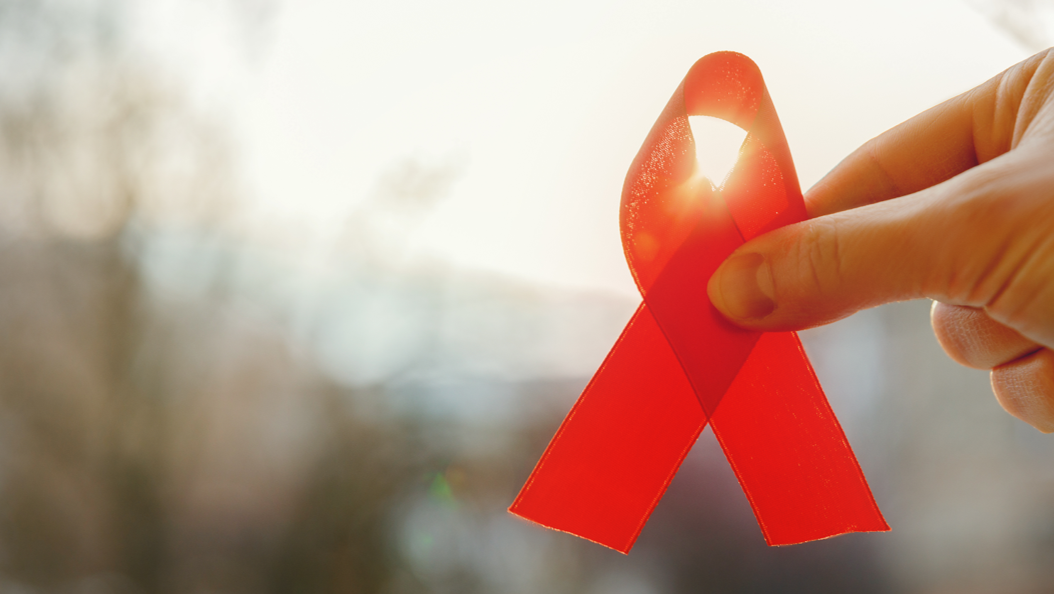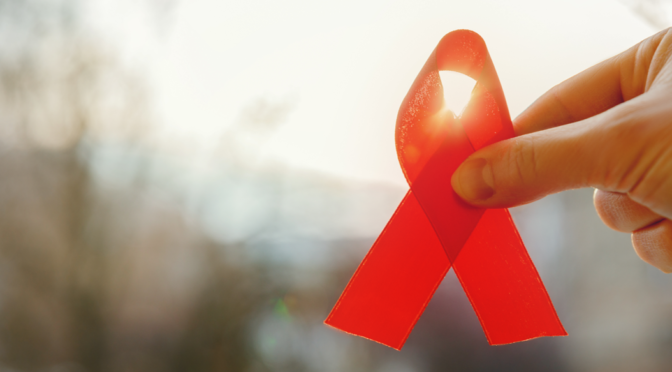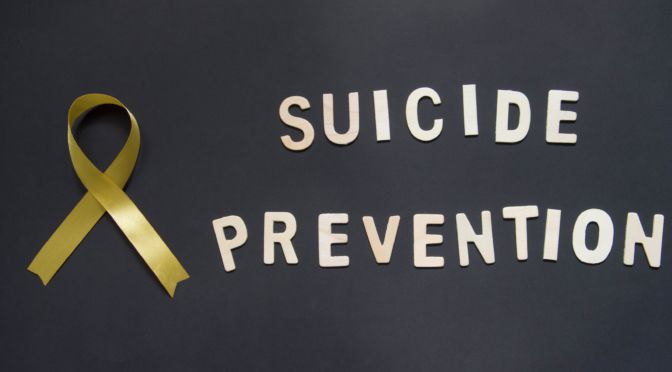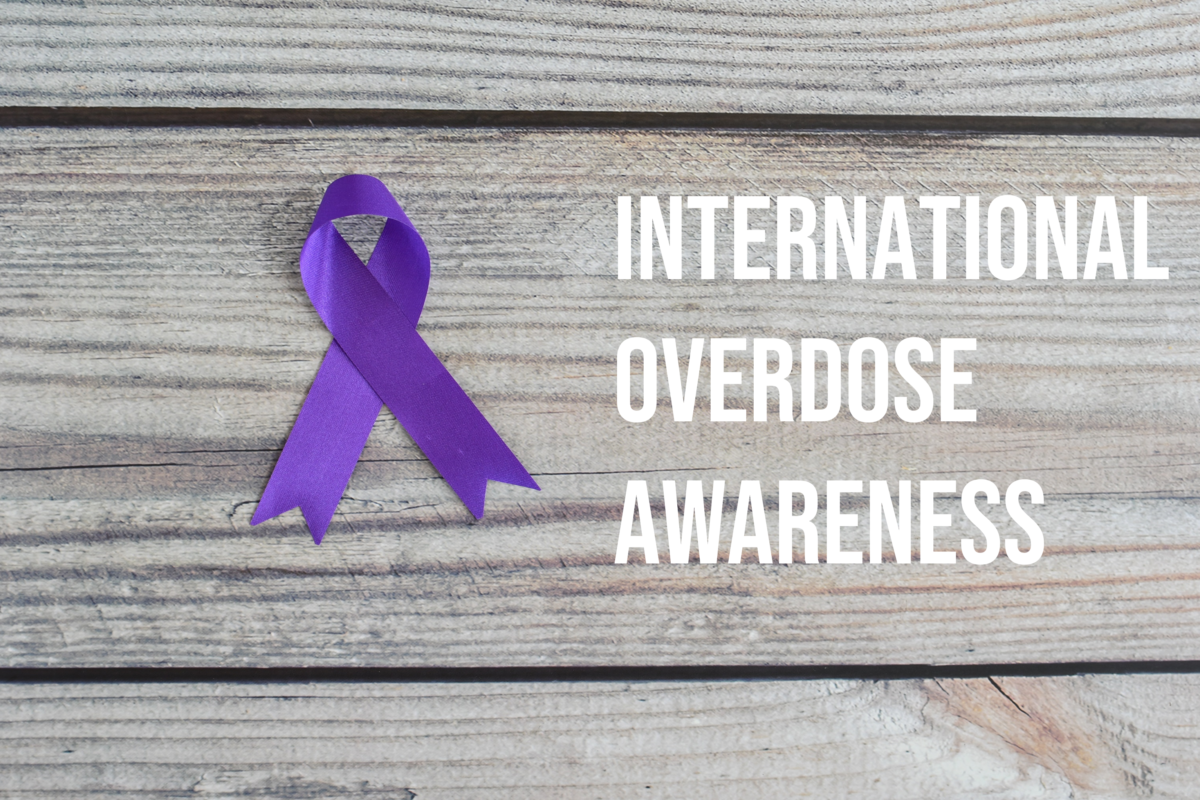Easing the Mental Toll of HIV and AIDS

Epidemics and pandemics. HIV/AIDS and COVID-19. National and global issues affecting people around the world and highlighting health inequities that impact access to health and mental health care. During the physical and mental health stressors of the COVID-19 pandemic, millions are also living with the ongoing effects of HIV/AIDS. “Since the global epidemic began, an estimated 79.3 million people have been infected with the HIV virus and 36.3 million people have died of HIV-related illnesses,” said Anton C. Bizzell, M.D., President/CEO of The Bizzell Group.
Individuals living with HIV/AIDS often experience discrimination, stigma, persecution, isolation, and exclusion, which can lead to depression, anxiety, suicidal ideation, and other negative mental health effects. There is proven benefit from mental health groups, HIV/AIDS support groups, talk therapy, physical exercise, and meditation.
Several effective vaccines were developed within the first year of the emergence of COVID-19, yet forty years after it was first identified there is still no vaccine for HIV/AIDS. Although there are still healthcare inequities, through the efforts from UNAIDS (the Joint United Nations Programme on HIV/AIDS), several U.S. government agencies (including U.S. Department of State) millions have received people-centered physical and mental health HIV services in over 55 countries. HIV/AIDS remains a public health and mental health crisis. While there is significant research, education, training, and technical assistance taking place, there is much more to do in the U.S. and around the world. Everyone needs to contribute to ending the HIV/AIDS epidemic.
Read more: Easing the Mental Toll of HIV-AIDS




